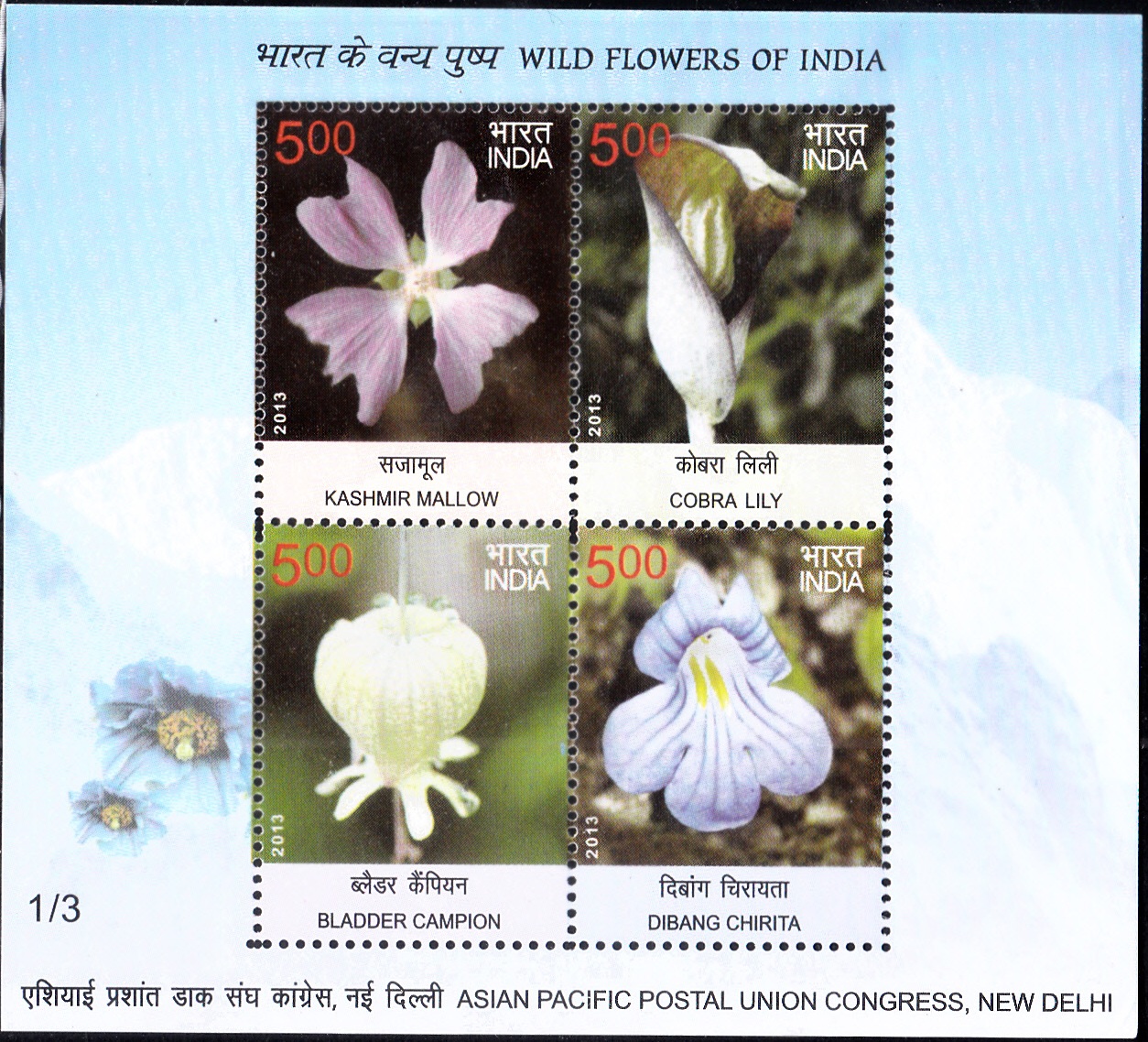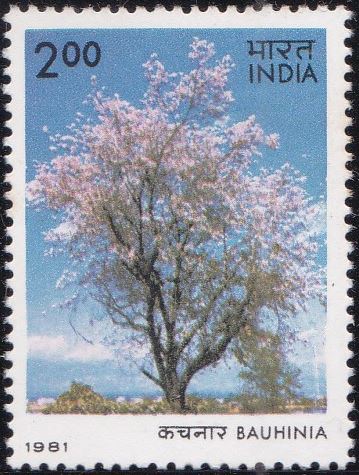
India on Jasmine
A Miniature Sheet consisting of 2 nos of commemorative postage stamps on the Indian Jasmine (Jasminum) :


 Issued by India
Issued by India
Issued on Apr 26, 2008
Issued for : India Post is indeed happy to issue a set of two commemorative scented postage stamps on this quintessentially Indian flower, Jasmine.
Credits :
Stamp & FDC : Suresh Kumar
Cancellation : Alka Sharma
Type : Miniature Sheet, Mint Condition
Colour : Multi colour
Denomination : 500 & 1500 Paise
Stamps Printed :
1500P – 3.0 Million
500P – 1.0 Million
Miniature sheet : 0.5 Million
Printing Process : Photogravure
Printers : India Security Press, Nasik
About :
- Variously known as Juhi, Chameli, Mogra and Malati in North India and as Malligai and Mallepoovu etc. in the South, the fragrant and delicate Jasmine flower is deeply embedded in the Indian psyche.
- The very name ‘Jasmine’ evokes the romance of balmy summer evenings redolent with the haunting fragrance of the flower in bloom.
- A native to the tropics and warm temperate regions of the world, Jasmine belongs to the family Oleaceae, and may grow as a shrub or as a climbing vine. Typically its leaf shape is simple, trifoliate or pinnate, with upto nine leaflets growing opposite each other. The small and delicate flowers are usually white in colour, though some species bear yellow blossoms. Flowering in the spring and summer, the blossoms bloom in the dark, perfuming the night air with a lingering sweet fragrance.
- Widely used in religious offerings, the flowers are also popular for decorative purposes. Many Indian women wear these flowers in their hair. The flowers are also kept inside homes to perfume the air.
- Commonly grown as a houseplant in much of South East Asia, the plant is now widely cultivated across the globe for commercial purposes. In fact, the aromatic oil distilled from its flowers is prized in aromatherapy, and in the making of joss sticks, cosmetics, and perfumes, etc. It is also used to add flavour to tea and rice in China and in South East Asia. Many believe that daily consumption of Jasmine tea helps in preventing certain cancers.
- Intrinsic to the collective consciousness of the Indian sub-continent, there are numerous references to the Jasmine in Indian poetry and literature in many languages. The flower also finds mention in English poetry, as in the following lines of Thomas Moore:–
“Plants that wake when others sleep
timid jasmine buds that keep
their fragrance to themselves all day,
but when the sunlight dies away
let the delicious secret out
to every breeze that roams about”.
Subscribe
Login
0 Comments
Oldest






